When I started The Boerne Bookshop I did not know much about the book industry. I loved books and felt that a bookstore was an important part of a community's culture but I did not understand how books go from an idea in the author's head to the reading stacks of the people. The last couple of years have been a true eye opener. Last week I stated that there are basically no governmental restrictions on what books are created and available to people. But being able to read a book is not just determined by government controls. The author needs to be free to write the book, the publisher needs to be free to manufacture the book, and bookstores need to be free to sell the book. All three steps are under extreme pressure today (covered in part 2) to restrict what gets to the public and it comes from the increasing culture of harassment that has grown in America.
The problem here is not that some people don't like certain books or authors. Everybody has different sensibilities. The problem is that they are attempting to prevent an individual's ideas from entering our society for others to experience. When someone says: "I don't want that book in my house (or school or other place that I pay to support)" that is a statement of personal preference. I don't have a problem with that. There are many books I don't like and even a few I won't carry in my bookstore. But when someone says: "I don't want that book available to others" I see a problem. It is not a statement of personal preference, it is a statement of control over how authors can express themselves and what other people can read about.
In Part 2 I'll go over how author expression is being suppressed in America.
Always in pursuit of intriguing books,
Dale

